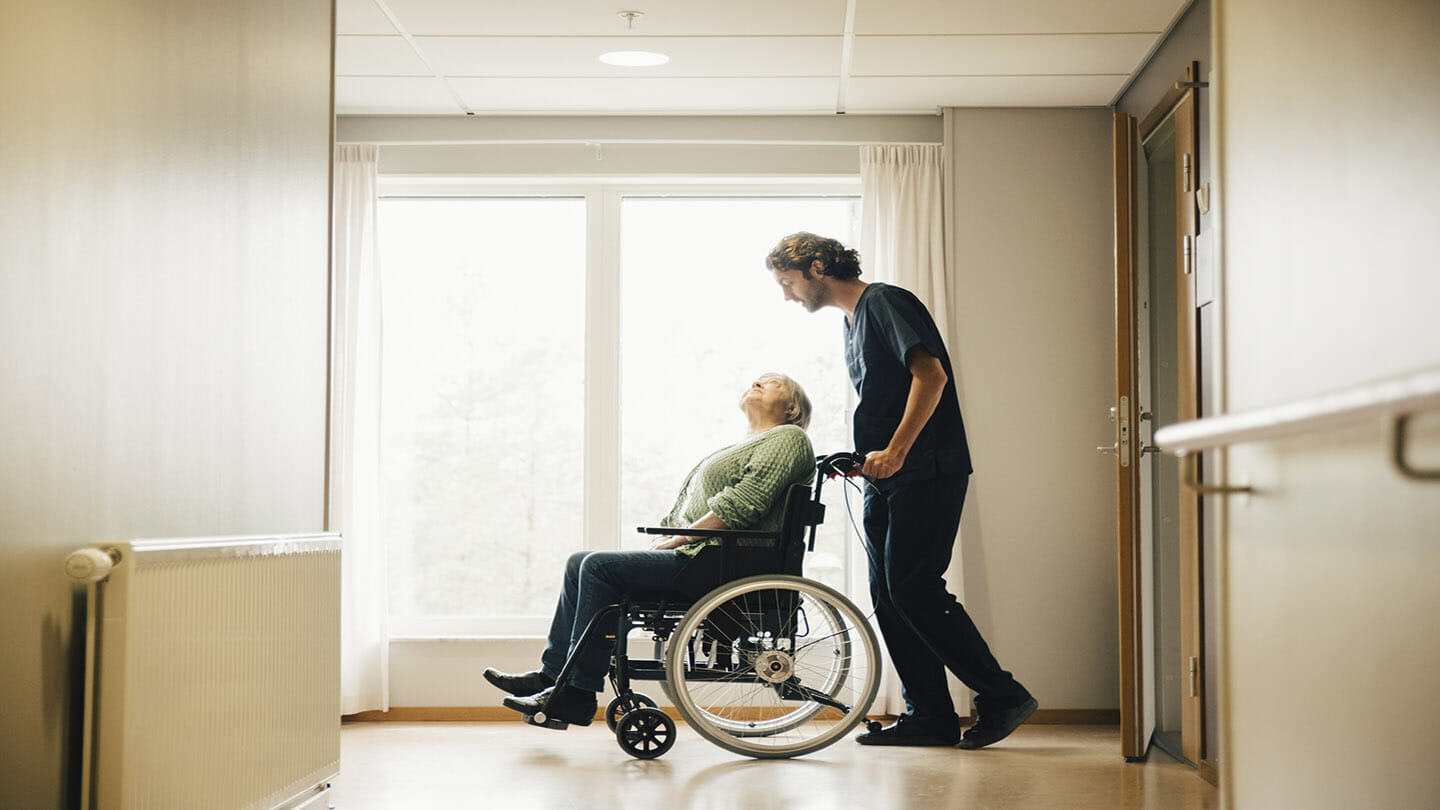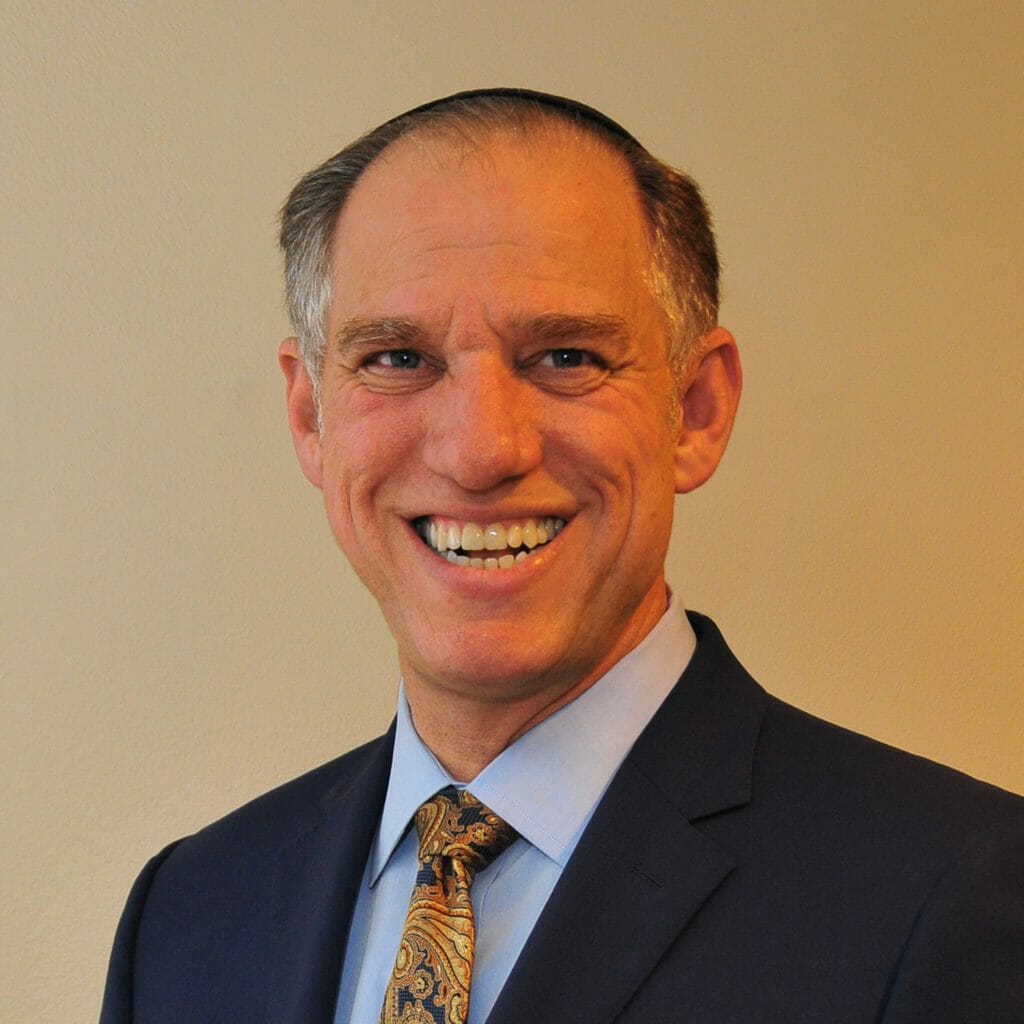
In the midst of an ongoing pandemic, Libertana took a moment to celebrate last month. The Sherman Oaks, CA-based home healthcare firm awarded scholarships from $500 to $1,000 to the children or grandchildren of employees pursuing higher education.
The scholarships are just one of the innovative ways Libertana CEO Jonathan Istrin is trying to transform care delivery and housing to thousands of seniors, disabled adults and children in Southern California. McKnight’s Home Care Daily Pulse recently talked to Istrin about solving the caregiver crisis through incentives, such as education, and technology.
McKnight’s Home Care Daily Pulse: You have been offering tuition reimbursement as an incentive to recruit and retain talent for the past five years. Why?

Jonathan Istrin: We’re really trying to attract people who want to work in healthcare. By making a career ladder for them or a career path, we really hope to engage people either post-high school or even collegiate age who want to get involved in healthcare because when you come to work for us at Libertana we’ll provide you with tuition reimbursement. We want people to get on board. Even if they stay only four years through college, I get four years with them. That’s great! We feel it’s a great investment.
McKnight’s Home Care Daily Pulse: What has the uptake been?
It’s not a large percentage. I would have thought we’d have had more people involved in that, but it is significant. The master’s program is where we’ve had the most success. We’ve had about 10 or 15 people get their master’s degrees while working with us and that has been very beneficial for us because we actually need Master’s in Social Work. That’s been beneficial to us more than wages because that ended up being a significant boost in their wages on an annual basis.
McKnight’s Home Care Daily Pulse: You’ve launched some other innovative programs. Can you talk about those?
Jonathan Istrin: We’ve partnered with the California National Guard and we do a jobs training program for youth who are connected with them. We provide (Certified Home Health Aide) and (Certified Nursing Assistant) training on the U.S. Army base for these 18-year-old high school students who are working with the California National Guard base at Los Alamitos. The idea is to get them into the system and get them some job skills if they don’t end up going into the army.
McKnight’s Home Care Daily Pulse: You’ve been a big proponent of technology. You tested a system that ties into Amazon’s Alexa to check in on patients. What other technologies are you considering?
Jonathan Istrin: We partnered with a company called Orbita and we’re also looking into robots. Basically we’re looking at a robot with a screen, and depending on what software you put on it, it will be able to monitor the client through facial recognition. The idea is to place it in a client’s apartment and monitor the client. In a home situation, you wouldn’t have to push the button if someone fell, the robot would notice that the person hadn’t gotten up. The family member or caregiver could look at their screens to see if the patient was okay.
McKnight’s Home Care Daily Pulse: Is technology, like this, something that could solve the caregiver crisis?
Jonathan Istrin: I think it could be an extender of staff, not a replacement of staff. We can’t replace anybody, but it’s an extender of staff where rather than a worker having to run to a client’s room to check on them, they pop open the screen and listen in.
This article originally appeared on McKnights Home Care




